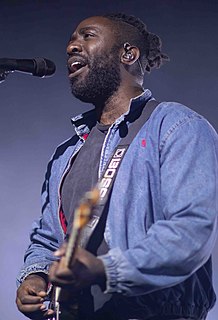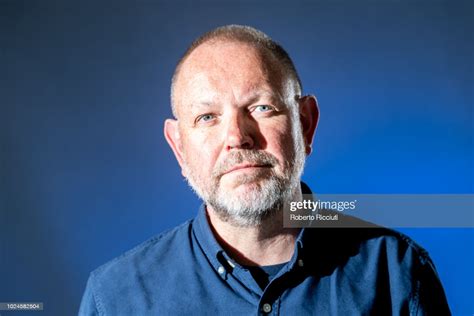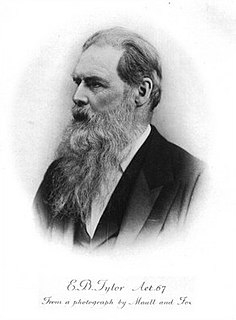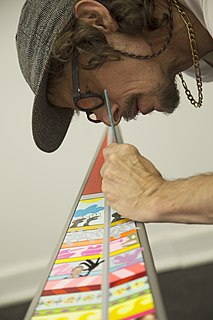A Quote by Diane Wakoski
High and low culture come together in all Post Modern art, and American poetry is not excluded from this.
Related Quotes
Intellectual culture seems to separate high art from low art. Low art is horror or pornography or anything that has a physical component to it and engages the reader on a visceral level and evokes a strong sympathetic reaction. High art is people driving in Volvos and talking a lot. I just don't want to keep those things separate. I think you can use visceral physical experiences to illustrate larger ideas, whether they're emotional or spiritual. I'm trying to not exclude high and low art or separate them.
The idea that we live in a post-modern culture is a myth. In fact a post-modern culture is an impossibility; it would be utterly unlivable. Nobody is a post-modernist when it comes to reading the labels on a medicine bottle versus a box of rat poison! You better believe that texts have objective meaning!
I never understood the low art/high art distinction. I think there's real currency in pop culture. We read trashy magazines as much as the next person. So I never saw the point in listening to only one thing. That low art/high art distinction comes from the establishment telling me how I'm supposed to think.
One culture I find fascinating to juxtapose against American culture is the culture of Germany. They've gone through a long process through their art, poetry, public discourse, their politics, of owning the fact of their complicity in what happened in World War II. It's still a topic of everyday conversation in Germany.
Poetry at large in America is naturally a reflection of the American system and culture. That's my possibly narrow view of it, or reductive view. But I think for as many portals for critical consciousness in the poetry world and in the American spirit that exist, there's also an over-arching, dominant mirroring, in poetry, of the corporate structure, the capitalist enterprise.







































